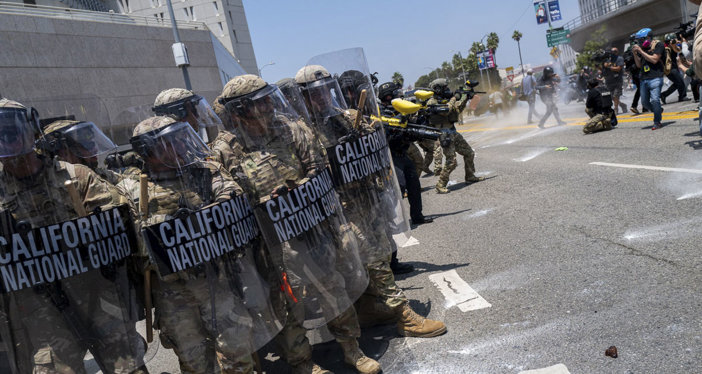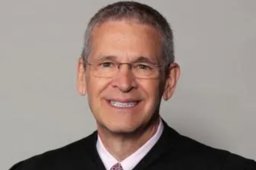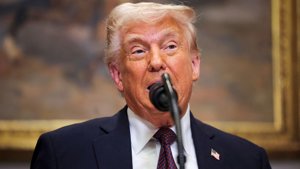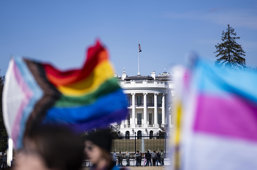
Court Reviews Trump’s National Guard Move in California Riots
A federal court weighs if Trump can override Newsom to deploy the National Guard amid California protest unrest.
Appeals Panel Considers Federal and State Authority Amid LA Protests
An appellate court in California is set to determine whether President Donald Trump can legally continue deploying thousands of National Guard members and hundreds of Marines to Los Angeles County, as part of his administration’s response to widespread protests and riots against immigration enforcement. The case stems from a lawsuit filed by Democratic Governor Gavin Newsom, who argues that the president’s unilateral action oversteps constitutional limits and exacerbates local unrest.
The U.S. Court of Appeals for the Ninth Circuit, with a three-judge panel featuring two Trump appointees and one Biden appointee, will decide whether to uphold or extend a temporary pause on a lower court’s decision that sided with Newsom. The lower court had found that Trump’s and Secretary of Defense Pete Hegseth’s federalization of the National Guard was unlawful. However, the appellate panel quickly intervened and halted the ruling, allowing the military presence to continue for now.
Justice Department lawyers, defending Trump’s move, argued in court papers that the use of the military is strictly for the protection of federal buildings and personnel. They cited a provision in Title 10 of the U.S. Code, which permits the president to activate National Guard soldiers without a governor’s consent under certain circumstances, such as threats to federal law or facilities.
Attorneys representing California countered that Trump’s invocation of Title 10 was unwarranted, stating the situation “does not remotely amount to a ‘rebellion or danger of a rebellion’” as required by federal statute. They claim the deployment has intensified unrest and led to more rioting, arguing that the scale of events does not justify overriding state authority.
ICE Raids and Security Concerns Drive Deployment
The federal government’s action came as Immigration and Customs Enforcement (ICE) launched a series of high-profile raids across Los Angeles County, arresting dozens of individuals—many with criminal records—and prompting waves of protest. According to an ICE affidavit, the National Guard has been “essential” in providing security, particularly around the 300 N. Los Angeles Federal Building, a frequent flashpoint for demonstrations.
Federal officials noted that before the military’s arrival, law enforcement officers had been assaulted with rocks, fireworks, and other objects, and federal property was damaged with graffiti and threats against officers. The Justice Department maintains that the military presence is crucial for restoring order and protecting public safety during a volatile period.
The appellate court’s forthcoming decision will clarify the balance of power between federal and state governments in emergency situations, and could set a significant precedent for future instances where presidential authority to deploy military forces is challenged by state officials. As arguments unfold, California’s response and the national debate over executive power and local autonomy remain in sharp focus.






